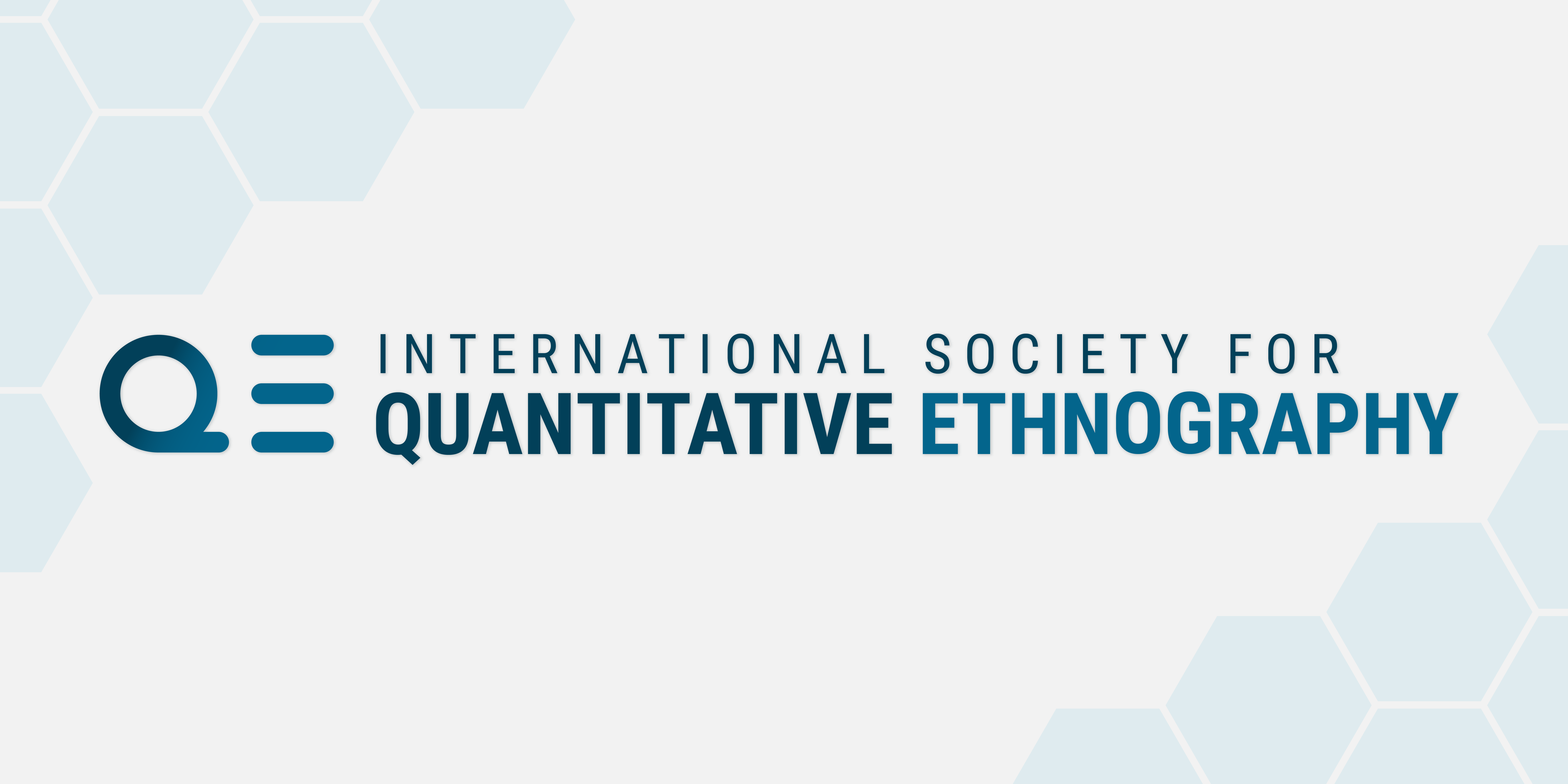QE-COVID Data Challenge!
- Posted by :Cesar Hinojosa
- Date :23 Apr, 2020
- Category : Uncategorized

In collaboration with the newly formed International Society for Quantitative Ethnography, we would like to invite you to participate in the QE Community COVID-19 Data Challenge.
The QE community is uniquely placed to help the world make sense of how people are reacting to this crisis, how those reactions are changing over time and in response to events, and how those responses are differing over time or between places.
This challenge will take place over the course of one week in which members of the QE community will work in small teams to analyze pre-selected or newly created datasets related to COVID-19. It is also an opportunity for people to interact with others in the QE community and collaborate on meaningful work; learn from each other about tools, methods, data; and collectively make an impact during a global crisis.
If you would like to participate in this unique and collaborative QE challenge: Register by filling out this form by Friday April 24.
On Saturday, April 26, you will be notified of your assigned team members and mentor. We are going to try to construct teams with common interests, a range of skills, and of course with some sensitivity to time zones!
The challenge will start on with a kickoff Zoom meeting on Sunday April 26 and end with an presentation by teams of their results on Sunday May 3.
Visit the QE-COVID challenge website for a timeline, data resources, and more information.
Please pass this along to colleagues, professors, students, researchers or policy-makers who are acquainted with QE and want to join in helping address the most pressing issue of the day. We’d like to make sure that as many people in the QE community have a chance to participate if they want.
Looking forward to seeing you at the challenge!
The International Society for Quantitative Ethnography QE-COVID Data Challenge Planning Committee
- Szilvia Zörgő, Semmelweis University, Hungary
- Abigail Wooldridge, University of Illinois Urbana-Champaign, USA
- David Williamson Shaffer, University of Wisconsin-Madison, USA
- Andrew R. Ruis, University of Wisconsin-Madison, USA
- Vitaliy Popov, University of Michigan, USA
- Kamila Misiejuk, University of Bergen, Norway
- Morten Misfeldt, University of Copenhagen, Denmark
- Vitomir Kovanović, University of South Australia, Australia
- Rogers Kaliisa, University of Oslo, Norway
- Srećko Joksimović, University of South Australia, Australia
- Golnaz Arastoopour Irgens, Clemsen University, USA
- Eric Hamilton, Pepperdine University, USA
- Dragan Gasevic, Monash University, Australia
- Brendan Eagan, University of Wisconsin-Madison, USA
- Simon Buckingham Shum, University of Technology Sydney, Australia
- Jais Brohinsky, University of Wisconsin-Madison, USA